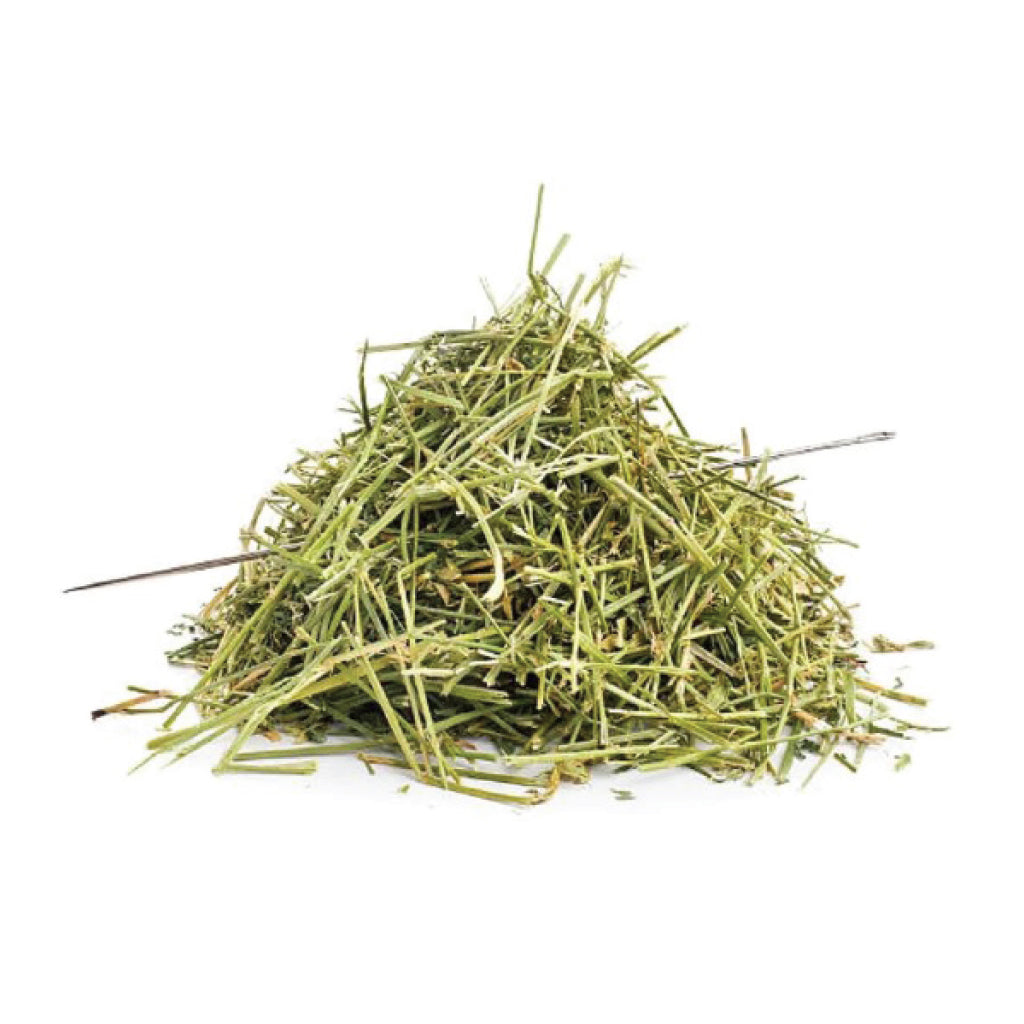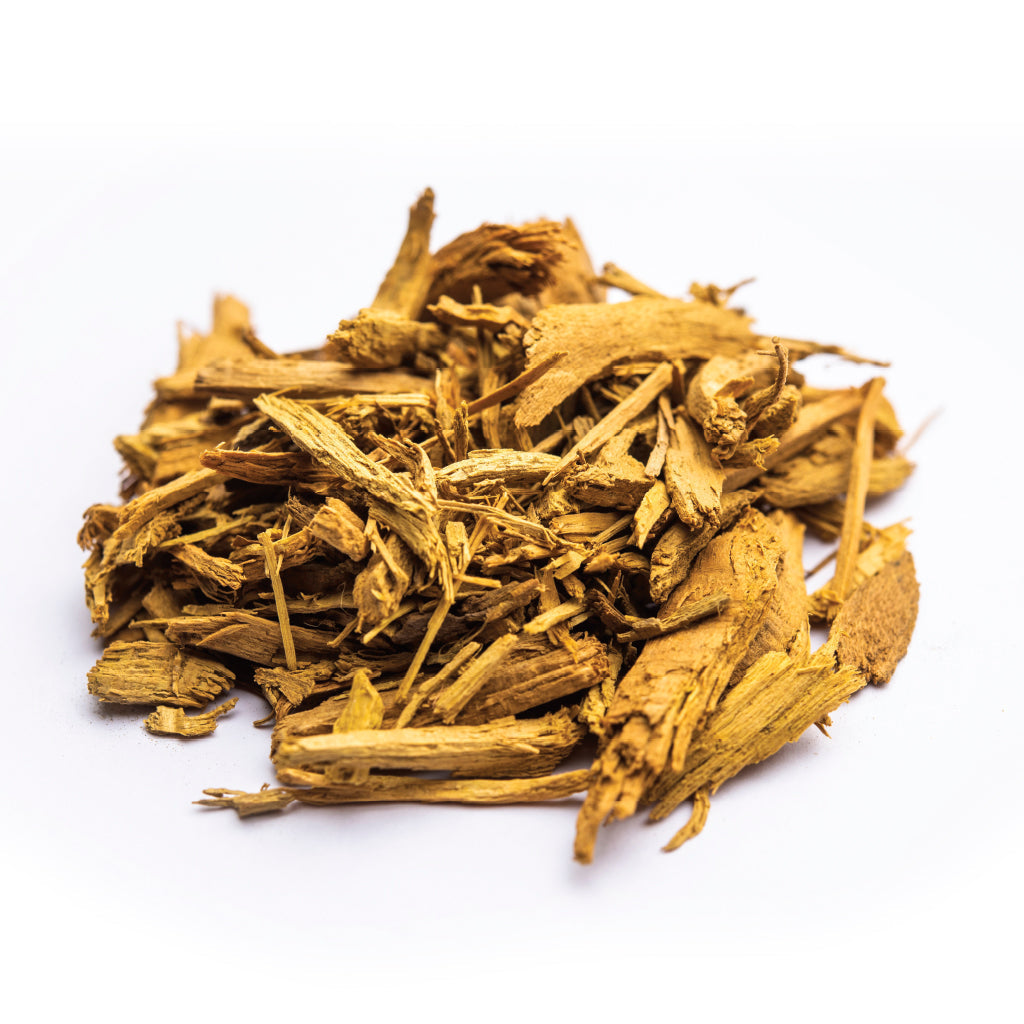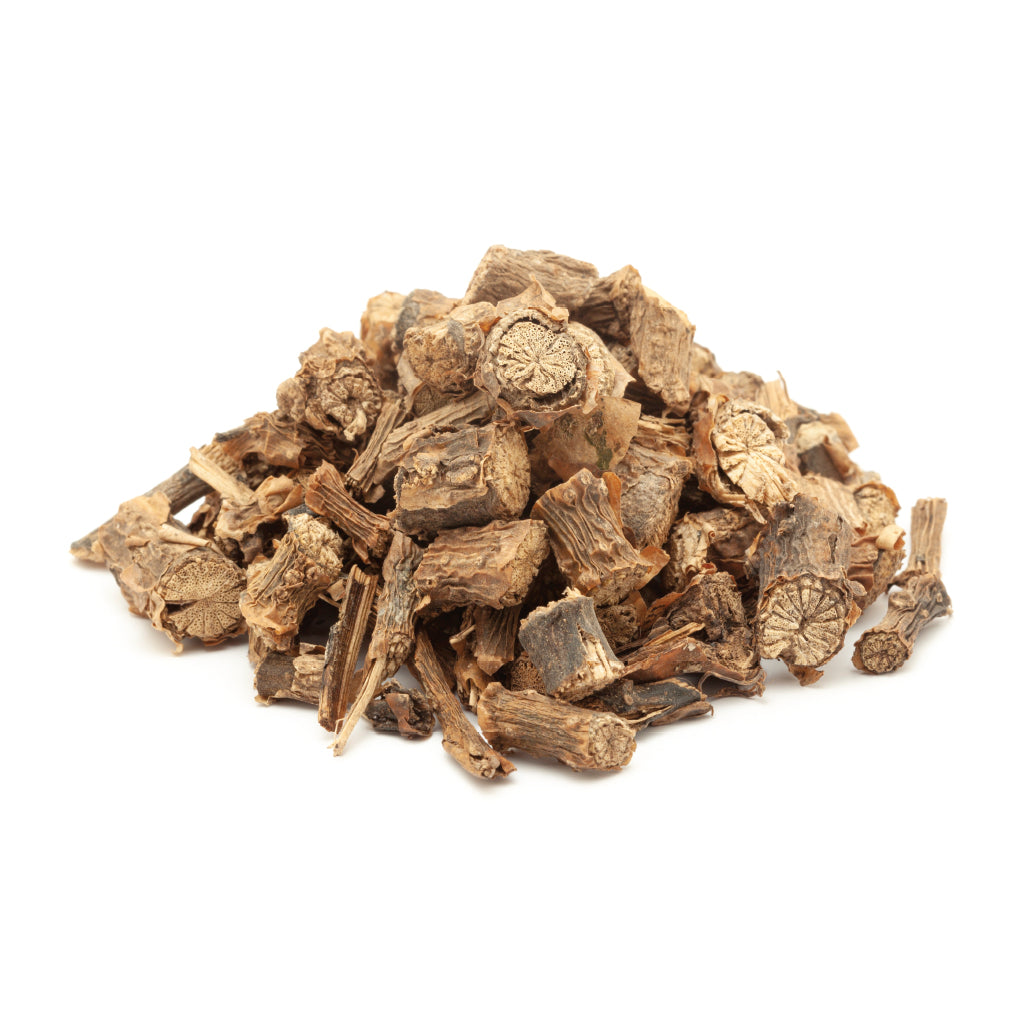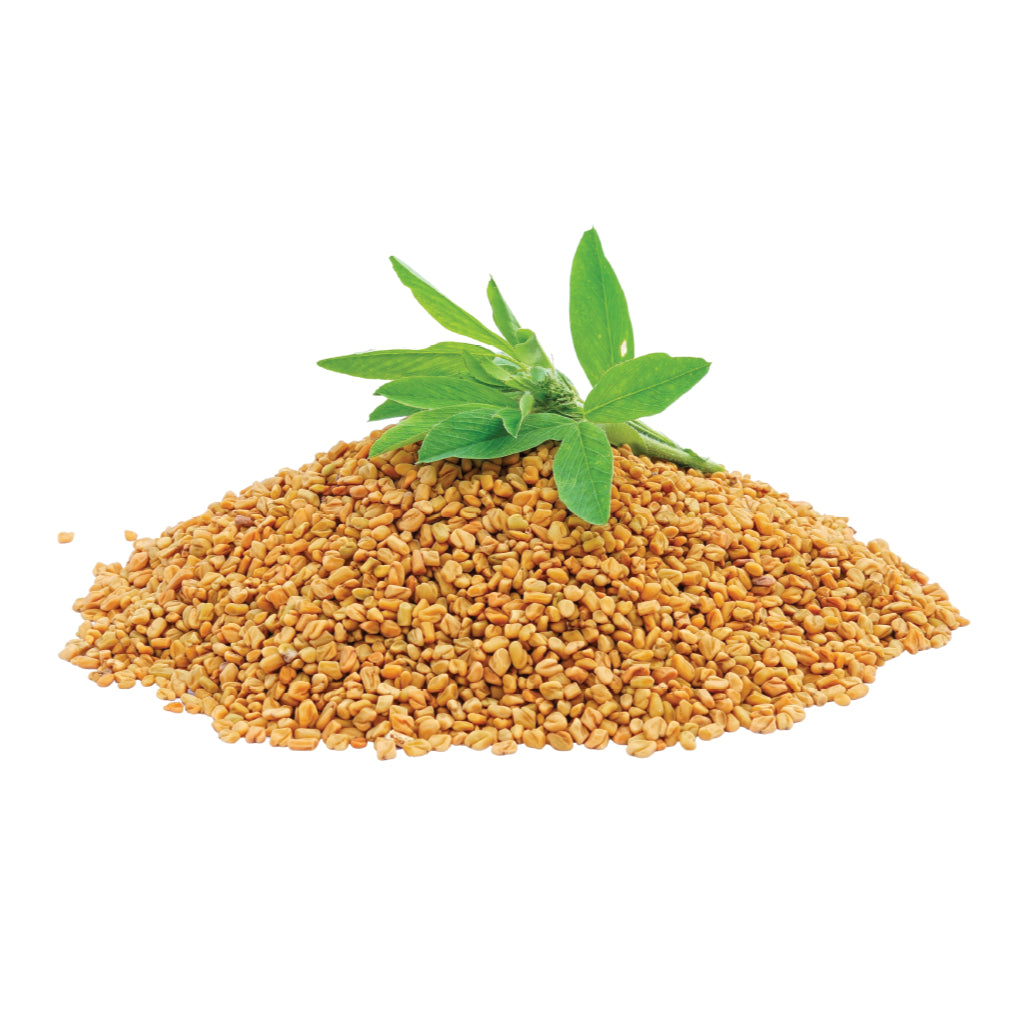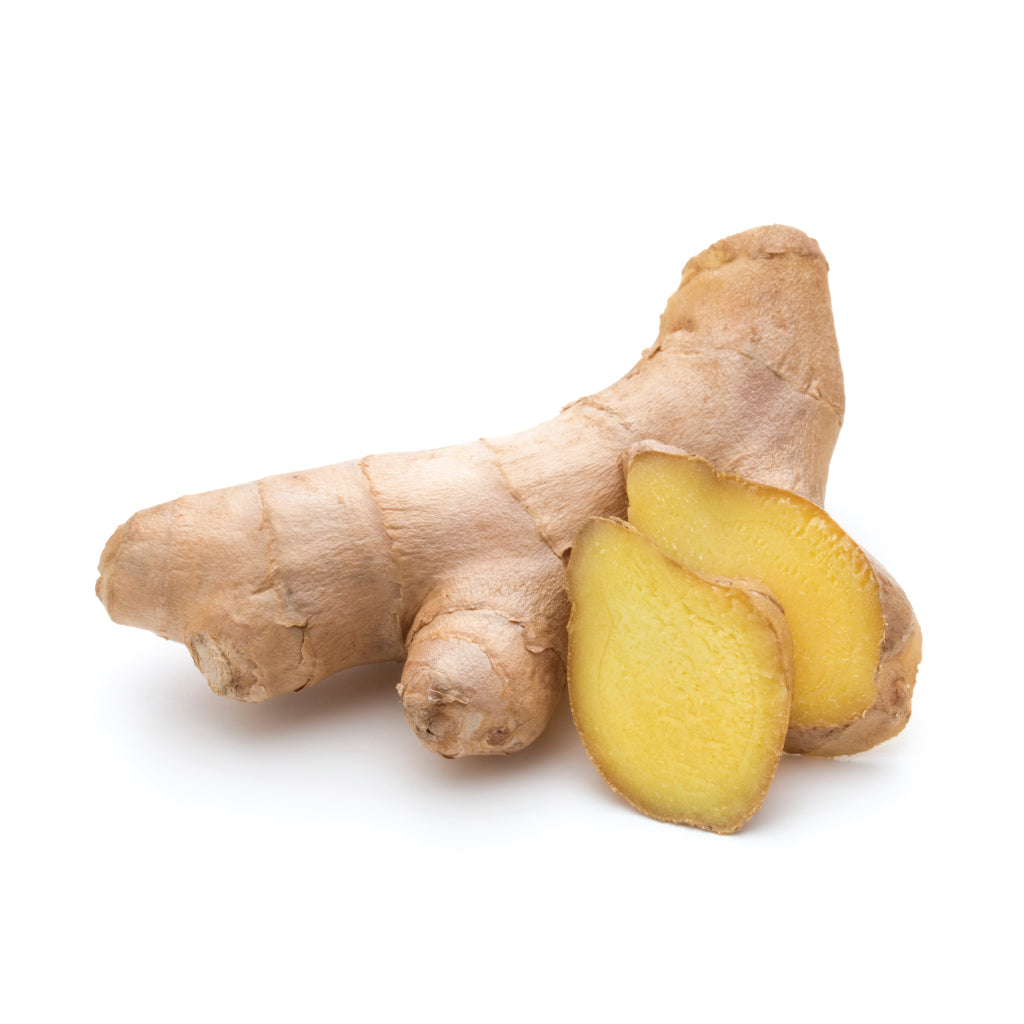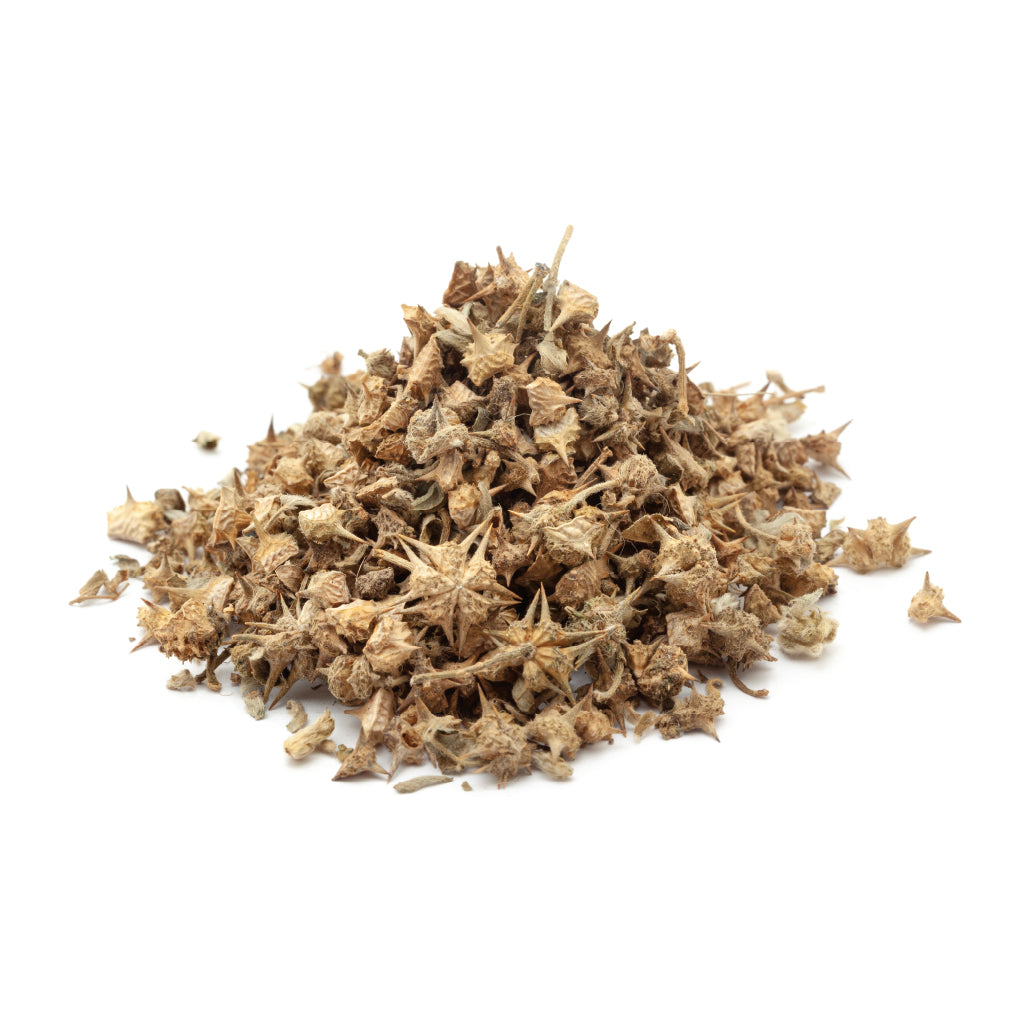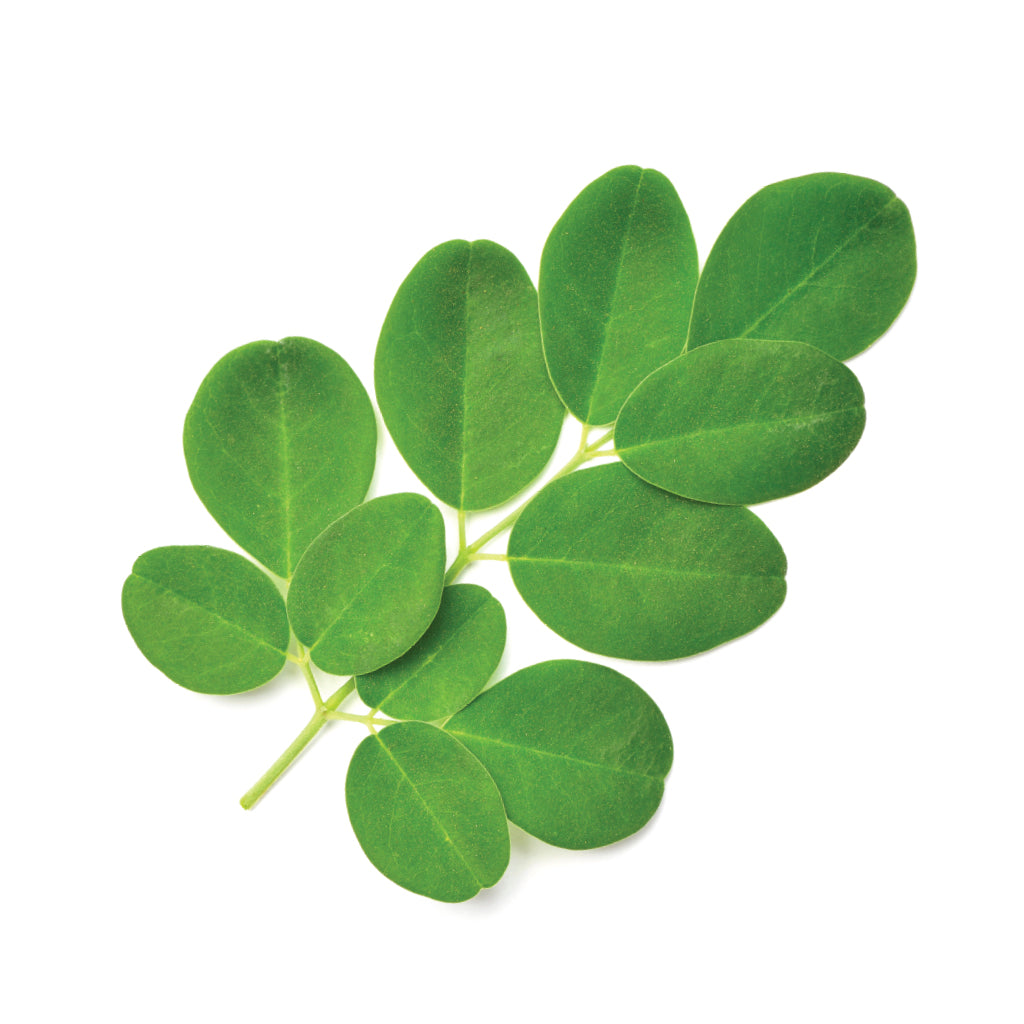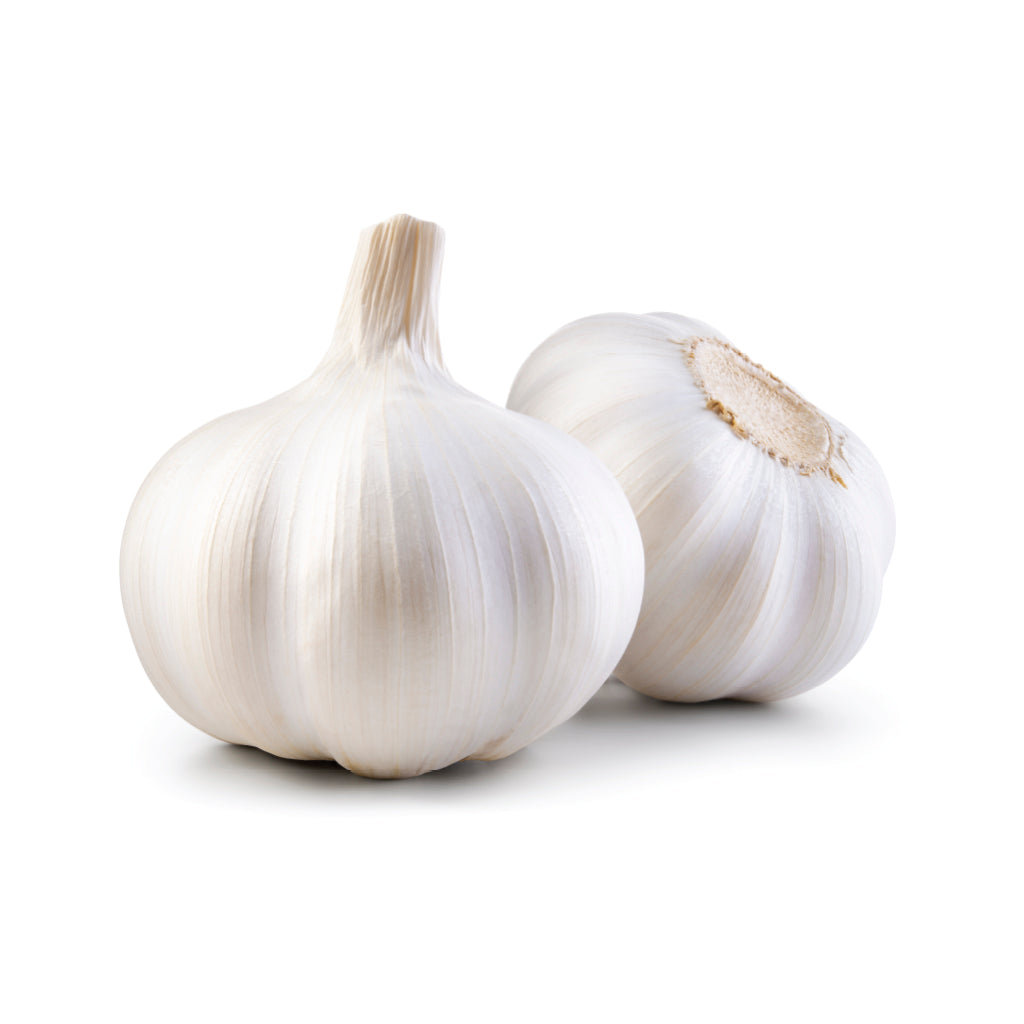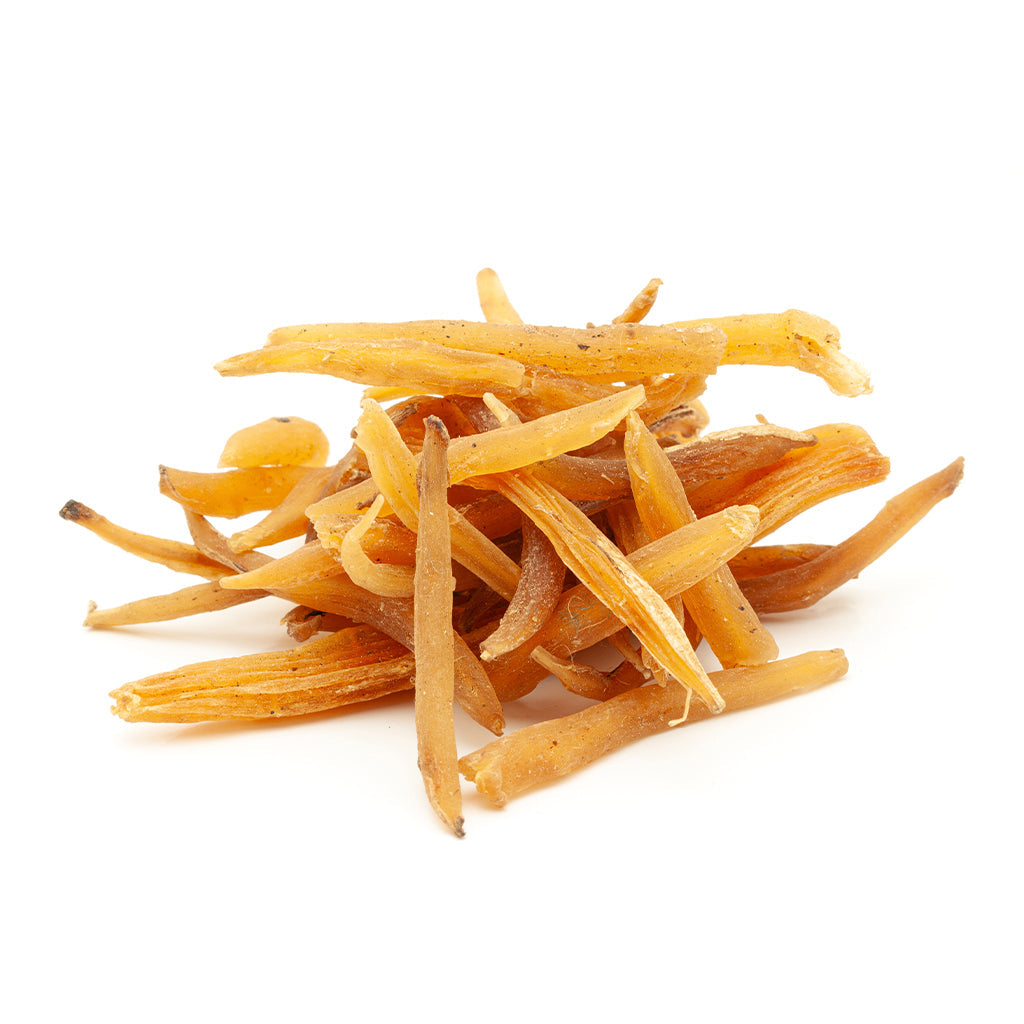
Shatavari (Asparagus racemosus): The Ultimate Female Rejuvenator and Adaptogenic Herb
Introduction
Asparagus racemosus, known as Shatavari in Ayurveda, is regarded as the "Queen of Herbs" for women's health. A highly revered rejuvenating herb, Shatavari supports the female reproductive system, balances hormones, and promotes overall vitality and stress resistance.
Its adaptogenic, antioxidant, and anti-inflammatory properties also make it suitable for both men and women seeking natural energy, fertility support, and digestive health.
✅Top Health Benefits of Asparagus racemosus
1. 👩⚕️Supports Female Reproductive Health
· Regulates menstrual cycles and reduces PMS symptoms.
· Promotes fertility by nourishing the ovaries and uterus.
· Helpful in menopausal symptoms like hot flashes, mood swings, and dryness.
Traditional Use: Used during pre-conception, pregnancy, and lactation to support hormonal balance.
2. 🍼Enhances Lactation (Galactagogue)
· Increases breast milk production in nursing mothers.
· Rich in phytoestrogens that promote prolactin secretion.
Scientific Backing: Studies show significant improvement in milk volume and quality (Thakur et al., 2012).
3. 🧘♀️ Acts as an Adaptogen and Stress Reliever
· Strengthens the body’s resistance to physical and emotional stress.
· Calms the nervous system and helps reduce anxiety.
4. 🦠 Boosts Immunity
· Enhances white blood cell function.
· Provides antioxidant protection to immune cells.
5. 🧬 Improves Digestion and Gut Health
· Soothes the digestive tract and reduces acidity.
· Useful in gastritis, ulcers, and inflammatory bowel conditions.
6. 💪Supports Male Reproductive Health
· Improves sperm count and motility.
· Acts as a mild aphrodisiac and energy booster.
⚗️Phytochemical Constituents
The therapeutic potential of Asparagus racemosus is due to:
· Shatavarins (glycosides of sarsasapogenin)
· Steroidal saponins
· Isoflavones (phytoestrogens)
· Mucilage, alkaloids, and polyphenols
These compounds contribute to hormone regulation, antioxidant protection, immune modulation, and gastric healing.
📚Traditional Medicine Uses
📌In Ayurveda:
· Classified as a -rejuvenates body and mind.
· Balances Vata and Pitta doshas.
· Recommended in menstrual disorders, infertility, menopause, gastritis, and debility.
📌In Unani Medicine:
· Known as Shaqaqul Hindi.
· Used as female tonic, reproductive tonic and detoxifier.
📜Scientific References
1. Goyal, R. K., Singh, J., & Lal, H. (2003). Asparagus racemosus: An update. Indian Journal of Pharmacology, 35(2), 99–107.
2. Thakur, M. et al. (2012). Effect of Shatavari on the quality and quantity of breast milk among lactating mothers. International Journal of Pharmacy & Life Sciences, 3(9), 1966–1971.
3. Nambiar, V. S., Mehta, R., & Daniel, M. (2005). Polyphenol content of three Indian medicinal plants: Asparagus racemosus, Hemidesmusindicus, and Hemidesmusindicus. Journal of Ethnopharmacology, 102(2), 166–170.
4. NCBI – PubMed Central: Various research articles on Shatavari and its bioactive constituents.
https://pubmed.ncbi.nlm.nih.gov
⚠️Precautions & Side Effects
· Generally considered safe in recommended doses.
· Should be avoided in estrogen-sensitive conditions (e.g., breast cancer) unless advised by a doctor.
· Mild laxative effect in large doses.
· Not recommended for pregnant women without supervision.
🧴 Forms and Recommended Dosage
· Powder: 3–6 grams daily with milk or honey
· Capsule/Tablets: 250–500 mg twice daily
· Syrup/Granules: For lactating mothers
· Decoction: For digestive disorders
Note: Always follow dosage as per qualified herbalist practitioner or product label.
